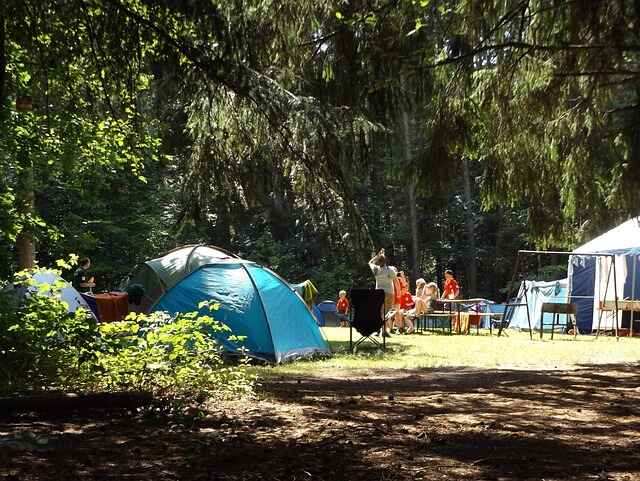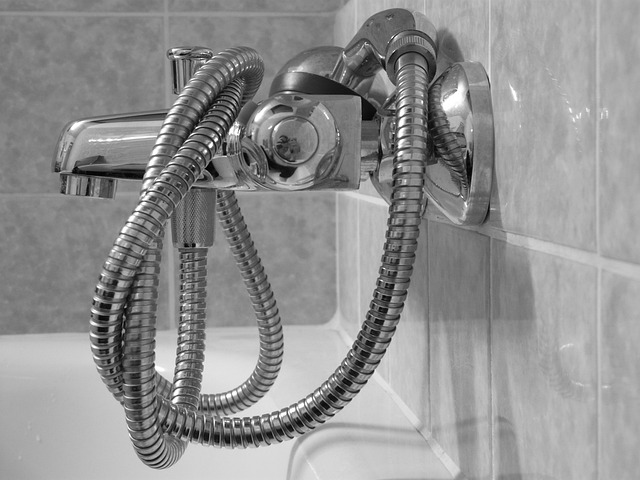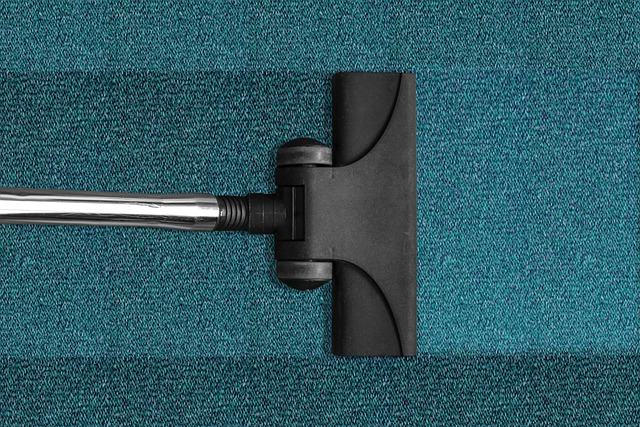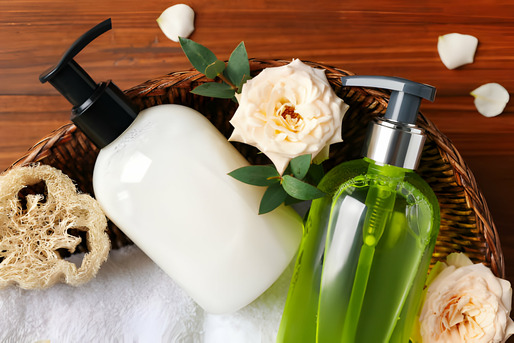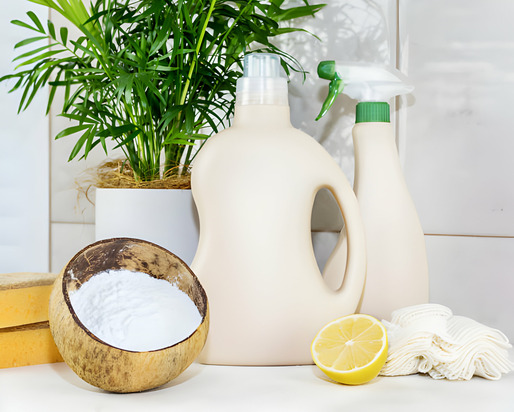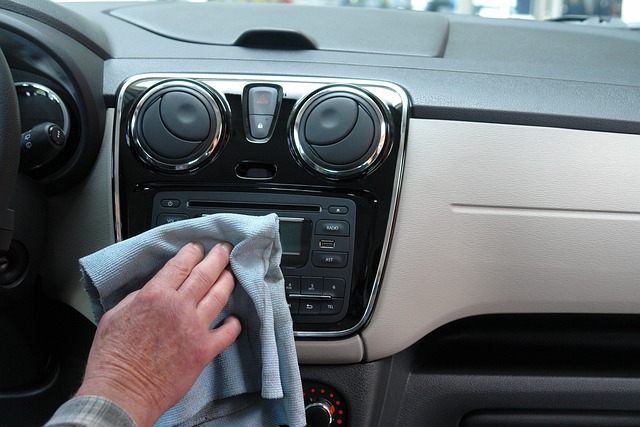There’s something undeniably magical about the sizzle of meat hitting a hot grill, the tantalizing aroma that wafts through the air, and the anticipation of that perfectly seared steak or juicy burger. For grill enthusiasts, outdoor barbecues aren’t just meals; they’re experiences. But to keep the flame of culinary perfection burning, there’s a key ingredient that often goes overlooked – proper grill maintenance and cleaning.
Welcome to “The Ultimate Guide to Cleaning and Maintaining Your Outdoor Grill.” We’re about to embark on a journey that will ensure your grill remains not just a tool, but a trusted companion in your culinary adventures. Whether you’re a seasoned grillmaster or just starting your outdoor cooking journey, this comprehensive guide will equip you with the knowledge and skills you need to keep your grill in prime condition.
Grilling isn’t just about throwing a few burgers on a grate; it’s about achieving that unforgettable flavor, ensuring your grill’s longevity, and creating a safe cooking environment. As we delve into the nitty-gritty of grill cleaning and maintenance, you’ll discover that it’s not just about scrubbing off grease – it’s about preserving the essence of grilling itself.
So, let’s fire up your passion for outdoor cooking and embark on a journey to explore the art of cleaning and maintaining your outdoor grill, unlocking a world of mouthwatering possibilities.
Different Types of Grill
Before delving into the cleaning and maintenance aspects, it’s essential to understand the different types of outdoor grills. The three most common types are:
- Gas Grills: These are the most popular type of outdoor grill due to their convenience and versatility. They use propane or natural gas to heat the burners and are known for their quick heating and precise temperature control.
- Charcoal Grills: Charcoal grills offer a unique, smoky flavor to your food. They use charcoal briquettes or lump charcoal as a heat source and require more hands-on cooking.
- Pellet Grills: Pellet grills combine the convenience of gas grills with the flavor of charcoal grills. They use wood pellets as fuel, and you can adjust the temperature digitally, making them user-friendly.
Why Cleaning and Maintenance Matter
Cleaning and maintaining your outdoor grill is not just about aesthetics; it directly impacts the performance and safety of your grill. Here’s why it matters:
- Flavor: A clean grill ensures that your food tastes like it should without any lingering residue or odors from previous cookouts.
- Safety: Built-up grease and debris can pose fire hazards. Regular cleaning reduces the risk of flare-ups.
- Longevity: Proper maintenance can significantly extend the lifespan of your grill, saving you money in the long run.
- Efficiency: Clean burners and grates provide even heating, making your cooking more consistent and efficient.
Essential Tools for Grill Cleaning and Maintenance
Before you start cleaning your grill, make sure you have the following tools on hand:
- Grill brush: A wire grill brush is essential for cleaning grates.
- Scraping tool: A scraper or putty knife can help remove stubborn residue from grates and other surfaces.
- Grill cleaner or degreaser: Use a specialized grill cleaner or a mixture of water and dish soap to clean the exterior and interior surfaces of your grill.
- Bristle-free brush: To clean burner tubes, use a bristle-free brush to prevent any loose bristles from getting into your burners.
- Aluminum foil: You can use aluminum foil to clean the grill grates or to protect certain areas of your grill from direct exposure to cleaning agents.
- Oil and paper towels: After cleaning, it’s a good idea to oil the grates to prevent rust and sticking. Paper towels can help distribute the oil evenly.
- Spare parts: Depending on your grill type, you may need replacement parts like burner tubes, igniters, or grates. It’s a good idea to have these on hand for quick replacements.
The Cleaning Process
Cleaning your grill can be broken down into several steps:
1. Pre-Cleaning Preparation
Before you start cleaning, make sure your grill is safe to work on. This involves:
- Safety first: Turn off the gas supply or disconnect the propane tank if you have a gas grill. For charcoal grills, ensure the coals are completely extinguished and cool to the touch.
- Protect yourself: Wear gloves and eye protection, especially if you’re dealing with tough grease and grime.
2. Exterior Cleaning
Start with the exterior of your grill:
- Remove loose debris: Use a brush or your hand to remove any loose dirt or debris from the exterior surfaces.
- Clean the lid: Wipe down the lid with a damp cloth or sponge and a grill-safe cleaner. Be sure to follow the manufacturer’s recommendations.
3. Cleaning the Grates
The grill grates are where the action happens. Here’s how to clean them:
- Heat the grill: Turn on your grill and let it heat up for about 10-15 minutes. This will loosen the stuck-on food and grease.
- Scrape the grates: Use your grill brush or a scraper to remove the burnt-on residue. Make sure to scrub both sides of the grates.
- Use foil: If your grates are particularly dirty, you can wad up a piece of aluminum foil and use it to scrub the grates. This is a good alternative to a brush.
- Oil the grates: After cleaning, use tongs to dip a folded paper towel in oil and rub it over the grates. This helps prevent food from sticking and reduces rust formation.
4. Cleaning the Burners
Gas grills have burners that need regular attention:
- Remove the burners: Carefully remove the burners according to your grill’s manual. Inspect them for any clogs or obstructions.
- Clean the burners: Use a bristle-free brush to clean the burner tubes. Make sure they are free from blockages. You can also use a thin wire to clear any clogs.
- Check for damage: Inspect the burners for signs of damage. If they are rusted or corroded, it might be time for replacement.
5. Cleaning the Drip Pan
The drip pan is a critical component that collects grease and prevents flare-ups:
- Remove the drip pan: Depending on your grill’s design, the drip pan can usually be accessed by removing a panel or tray. Take it out and dispose of any old grease.
- Clean the drip pan: Use a scraper or putty knife to remove any stubborn residue. Wash it with warm soapy water and rinse thoroughly.
- Replace the foil liner: If your grill uses a foil liner, replace it with a new one. This makes future cleanups easier.
6. Cleaning Other Components
Depending on your grill, there might be additional components to clean, such as heat deflectors or flavorizer bars:
- Remove and clean: Take out these components and scrub off any residue. Follow your grill’s manual for specific instructions.
7. Reassembly
After cleaning, reassemble your grill components, ensuring they are properly seated and secured. Double-check that all parts are in good working condition.
8. Final Exterior Cleaning
Give your grill’s exterior one last wipe down, ensuring it’s free from any residue, cleaning agents, or grease.
9. Dispose of Waste
Dispose of any grease, ash, or debris in accordance with local regulations. Grease should not be poured down the drain, as it can clog pipes.
Maintenance Tips
Regular maintenance is the key to ensuring your grill’s longevity and peak performance. Here are some additional tips to keep your grill in top shape:
- Cover your grill: Invest in a high-quality grill cover to protect your grill from the elements. This helps prevent rust and corrosion.
- Inspect hoses and connections: For gas grills, regularly check the hoses and connections for leaks. Replace any damaged or worn components immediately.
- Check for rust: Keep an eye out for rust on the exterior and interior parts. If you notice rust, use a wire brush to remove it and apply high-temperature paint to protect against further corrosion.
- Replace worn-out parts: As mentioned earlier, keep spare parts on hand, and replace any worn-out components promptly. This includes burners, grates, and igniters.
- Season your grates: Similar to cast-iron cookware, seasoning your grates with oil helps prevent rust and enhances flavor. Do this regularly after cleaning.
- Store propane tanks properly: If you have a gas grill, store your propane tank outdoors in a cool, shaded area, away from direct sunlight and extreme temperatures.
Troubleshooting Common Issues
Here are solutions to common grill issues:
- Uneven heating: If your grill is not heating evenly, it could be due to blocked burners. Clean the burners and make sure they are clear of obstructions.
- Flare-ups: Flare-ups can occur due to excess grease on the grates. Clean the grates thoroughly and trim excess fat from your meat.
- Low flame or no ignition: If your gas grill has trouble igniting, check the gas supply, igniter, and connections. Replace any faulty components.
- Rust and corrosion: Remove rust using a wire brush and apply high-temperature paint to prevent further corrosion.
- Funky odors or tastes: Lingering odors or flavors can result from residue on the grates. Season the grates with oil to remove any unwanted tastes.
- Grease buildup: Frequent cleaning can prevent excessive grease buildup and potential fire hazards.
When to Seek Professional Help
While regular maintenance can handle most issues, there are times when it’s best to call in a professional:
- If your grill’s burners or gas lines are leaking, it’s a dangerous situation that requires immediate professional attention.
- If you’re unsure about any major repairs or replacements, consulting a grill technician can prevent further damage.
- For high-end grills or complex built-in grills, a professional can help with specialized maintenance.
Seasonal Maintenance Schedule
To make grill maintenance a routine, consider creating a seasonal schedule:
- Spring: Give your grill a thorough cleaning as the grilling season starts. Check for any damage or wear and replace any necessary parts.
- Summer: Regularly clean the grates and empty the drip pan. Check for rust and address it promptly.
- Fall: As the grilling season winds down, clean the grates and give your grill a final cleaning before winter storage.
- Winter: If you grill year-round, continue regular cleaning and maintenance. If you store your grill, make sure it’s covered and protected from the elements.
Conclusion
A well-maintained outdoor grill is not only a source of delicious meals but also a source of pride for grill enthusiasts. Cleaning and maintaining your grill is an essential part of the grilling experience, ensuring your grill remains in top shape, your food tastes its best, and you have a safe and enjoyable cooking experience.
Following these steps here like using the right tools, and establishing a regular maintenance schedule, can extend the life of your grill and you get to enjoy many more seasons of delicious outdoor cooking. Whether you prefer the convenience of a gas grill, the smoky flavor of charcoal, or the versatility of a pellet grill, the principles of cleaning and maintaining your outdoor grill remain the same. With the right care, your grill can become a beloved fixture in your outdoor cooking repertoire, providing unforgettable meals for years to come.





